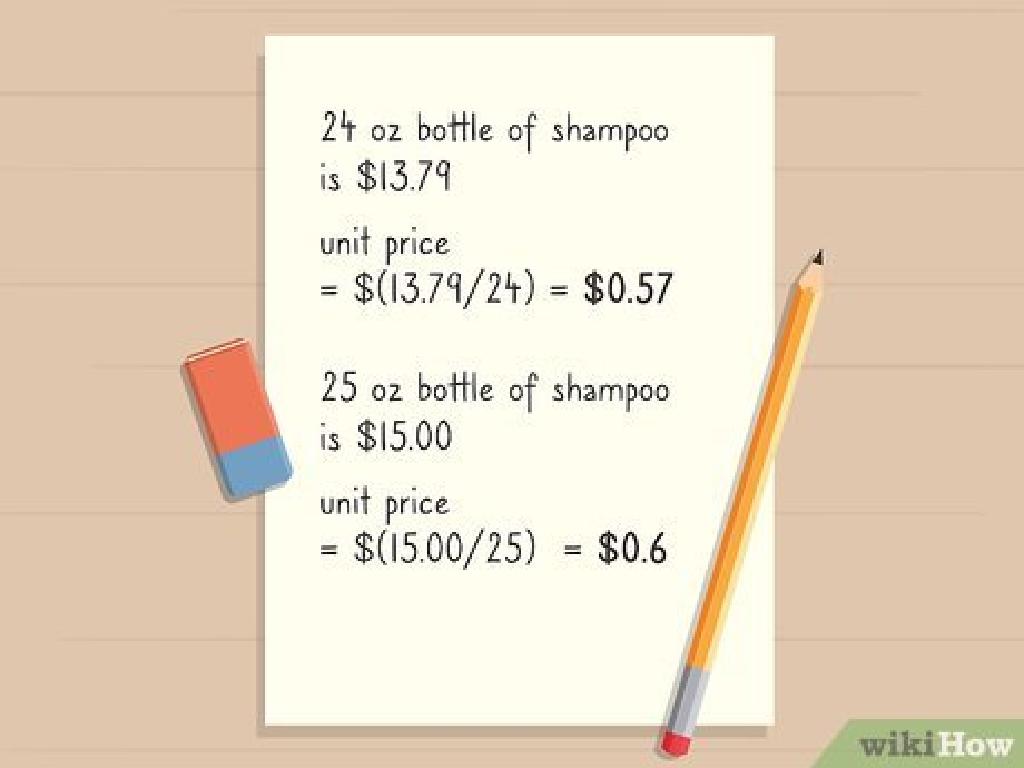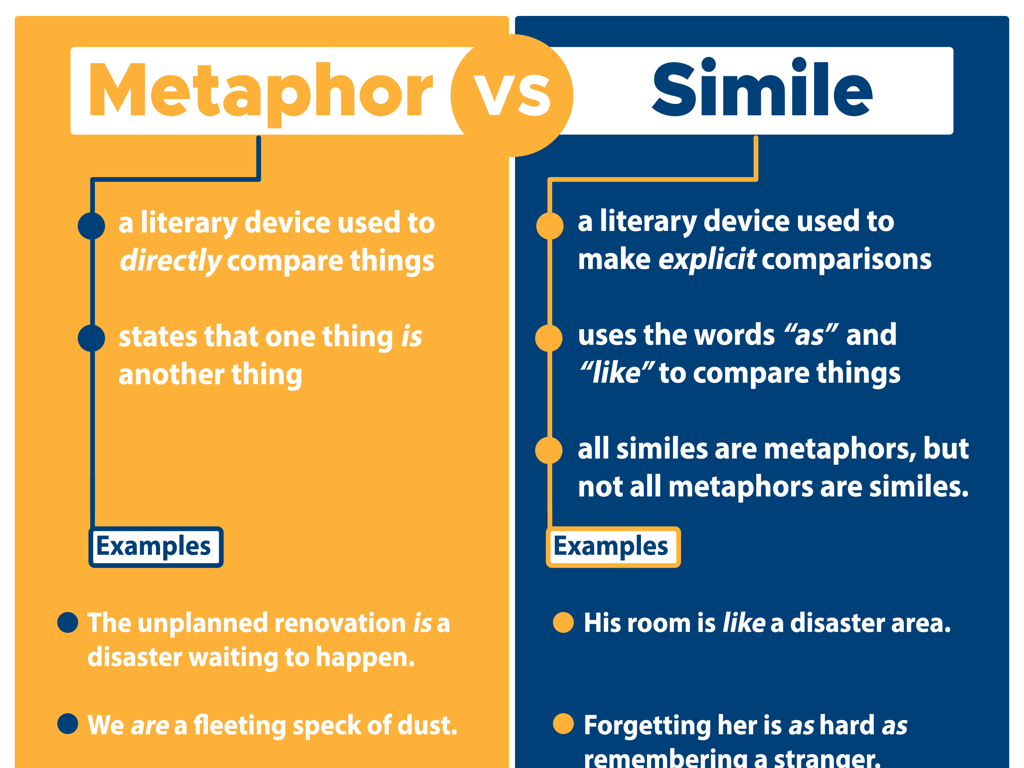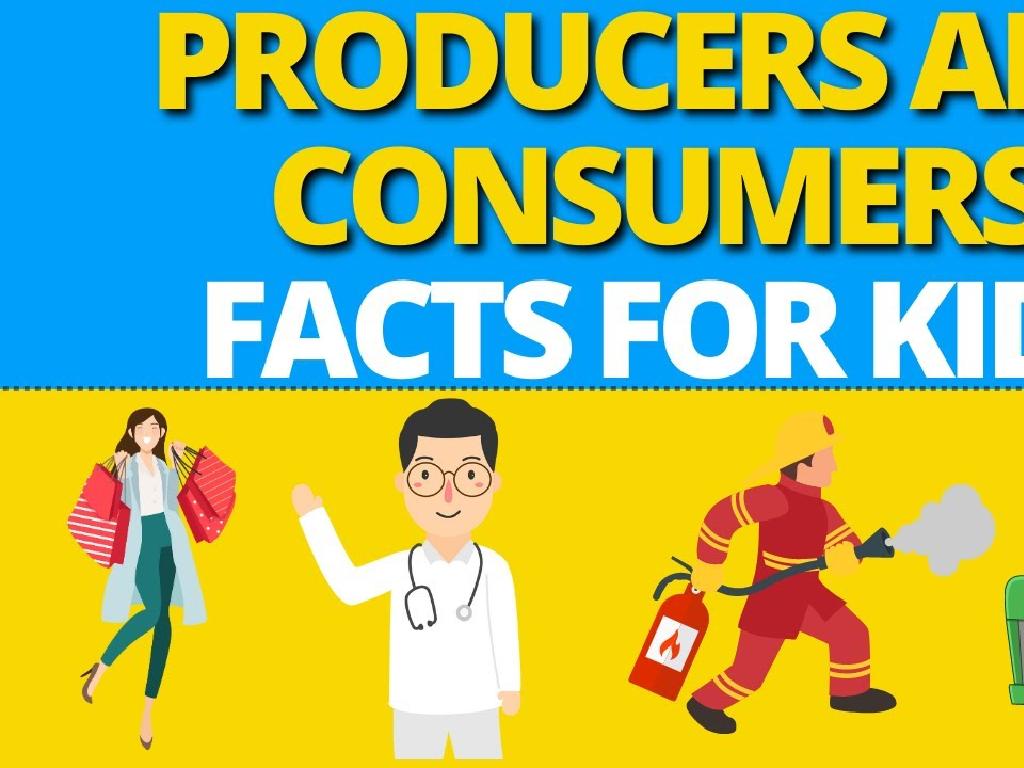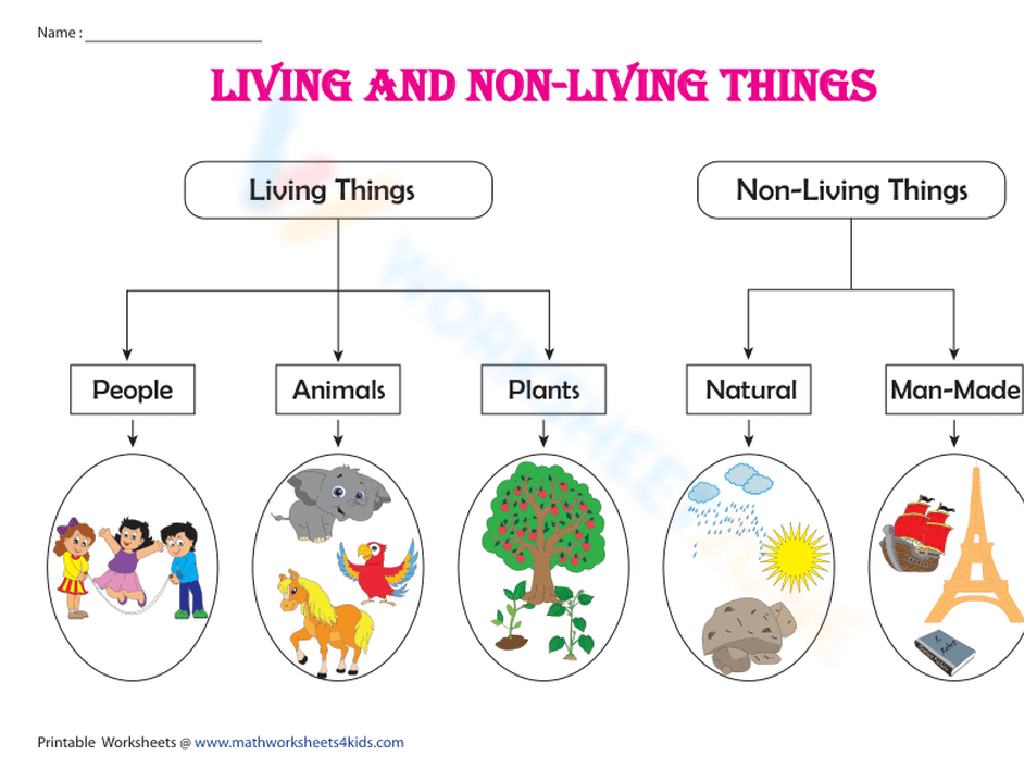What Will Happen Next?
Subject: Language arts
Grade: Pre-k
Topic: Inference And Analysis
Please LOG IN to download the presentation. Access is available to registered users only.
View More Content
Welcome to Inference: Future Detectives!
– Today we’re inference detectives
– Learn ‘What will happen next?’
– Using clues to guess the next part of a story
– Making good guesses
– Like detectives, we use hints to make smart guesses
– Why guesses matter
– Good guesses help us understand stories better
|
This slide introduces the concept of making inferences to Pre-k students, framing it as a detective game to make it engaging. Explain that being an inference detective means using clues from stories or pictures to guess what will happen next. Emphasize that making good guesses is like solving a mystery, which can make reading more fun and help us understand the story better. Encourage the children to think about times they’ve predicted something in their own lives to relate it to their personal experiences. During the class, use simple stories or images and ask the children to guess what might happen next, discussing the clues that led to their guesses.
Making Inferences: What Will Happen Next?
– Understanding inference
– Inference is making a good guess based on clues.
– Being a clue detective
– Imagine you’re a detective! What clues do you see?
– Using clues to guess
– Think about what you know and the clues you find.
– Predicting what comes next
– What do you think will happen in the story next?
|
This slide introduces the concept of inference to Pre-k students in a fun and relatable way. Explain inference as making a good guess by using clues, much like a detective would do to solve a mystery. Encourage the children to use their observation skills and prior knowledge to make predictions about stories, pictures, or events. Provide examples of simple scenarios where they can practice this skill, such as guessing what someone is going to do next based on their current actions or predicting the end of a story. The goal is to get the students excited about ‘playing detective’ and to start developing critical thinking skills in a playful and engaging manner.
Let’s Practice Inference: What Will Happen Next?
– Observe the picture carefully
– Discuss clues you see
– Look for expressions, actions, and objects
– Make a guess about what happens next
– Use your imagination based on the clues
– Share your guess with the class
|
This slide is designed to engage Pre-k students in a group activity that fosters critical thinking and prediction skills. Present a picture to the class and ask them to observe it carefully. Encourage them to discuss any clues they can find in the picture, such as facial expressions, actions, or objects that might give hints about what will happen next. Guide them to use their imagination to make an inference based on these clues, and then share their guesses with the class. This activity helps develop language skills and understanding of cause and effect. Possible pictures could include a scene of a cloudy sky with a kite, hinting at the possibility of the kite flying away or getting stuck in a tree.
Story Time: Guess What Happens Next!
– Listen to the story carefully
– Think about the story’s next steps
– Use the pictures and words to imagine what comes next
– We’ll guess the next part together
– After each page, we’ll pause for everyone to think
– Sharing our ideas aloud
– It’s fun to hear different guesses and why we think so
|
This slide is designed to engage Pre-k students in a story time activity that promotes inference and analysis skills. As the teacher reads a story aloud, students are encouraged to listen attentively and use the illustrations and narrative to predict what will happen on the following pages. Periodic pauses after each page will allow the children to share their predictions and discuss the reasoning behind their guesses. This activity fosters critical thinking, creativity, and language skills as students learn to anticipate story outcomes and articulate their thoughts. It’s important to create an inclusive environment where every guess is valued, encouraging students to participate without fear of making a ‘wrong’ guess.
Making Predictions: What Will Happen Next?
– Predictions are future guesses
– We predict in stories and daily life
– Like guessing the end of a game or what you’ll eat for lunch
– Let’s guess the story’s next part
– I’ll start a story and you guess what comes next
– Share your predictions with the class
|
This slide introduces the concept of making predictions, a critical thinking skill that helps students anticipate and make informed guesses about what might happen next. Encourage the children to think about how they make predictions in their everyday lives, such as what they might have for lunch or how a game will end. Then, relate this to predicting events in a story. Start telling a story to the class, pausing at a pivotal moment to ask the children what they think will happen next. This activity fosters imagination and reasoning in young learners. It’s also a fun way to engage them in storytelling. After making predictions, discuss the outcomes and whether their guesses were correct, helping them understand the value of inference and analysis in comprehension.
Inference Game: What Will Happen Next?
– We’re playing a guessing game
– Look at the story pictures
– Each picture tells part of a story
– Guess ‘What will happen next?’
– Think about the story and make a guess
– Use clues in the pictures
– Look at the characters and what they’re doing for hints
|
This slide introduces an interactive game designed to help Pre-k students practice making inferences. The game involves showing students a series of pictures that tell a story. After observing each picture, students will use their critical thinking skills to infer what they believe will happen next in the story. Teachers should encourage students to look for visual clues in the pictures, such as characters’ expressions, actions, and the setting, to make their guesses. It’s important to guide them to understand that making inferences is like being a detective, where they use the clues to solve the mystery of the story. The activity will foster discussion and reasoning among the students and help them connect the dots to predict outcomes, which is a foundational skill in reading comprehension.
Class Activity: Inference Charades
– Let’s play Inference Charades
– Some friends will act out a story
– Watch their movements and expressions closely.
– No talking, just actions!
– Guess ‘What will happen next?’
– Use your imagination to infer the next part of the story!
|
This activity is designed to help Pre-k students develop their inference skills in a fun and interactive way. Inference Charades involves students acting out parts of a story without using words, while their classmates try to guess what will happen next. This encourages them to pay attention to nonverbal cues and use their imagination. For the teacher: Prepare a few simple and familiar stories or scenarios for the children to act out. Make sure to guide the actors before they start, so they know what to do. For the audience, remind them to look at the actors’ body language and facial expressions. After each round, discuss with the class what clues helped them make their guesses. This will reinforce the concept of inference and how we can use it to understand stories better.
Becoming Inference Experts!
– Congrats on being inference detectives!
– Use clues to guess what happens next
– Like guessing the end of a storybook
– Practice inferring with family at home
– Maybe what mom will cook or what game to play next
– Keep observing and thinking every day
– Use your detective skills in daily life
|
This slide is aimed at wrapping up the lesson on making inferences. Praise the students for their hard work and encourage them to continue practicing their inference skills outside of the classroom. Provide examples of how they can make inferences at home, such as guessing what they will have for dinner based on smells from the kitchen or predicting the next game they will play based on the toys they see. Emphasize the importance of using observation and critical thinking skills in everyday situations to become better at making inferences. This will help them not only in reading but also in their daily interactions and observations.



-makes-the-number-sentence-true---up-to-100/addition_subtraction_examples.jpg)

